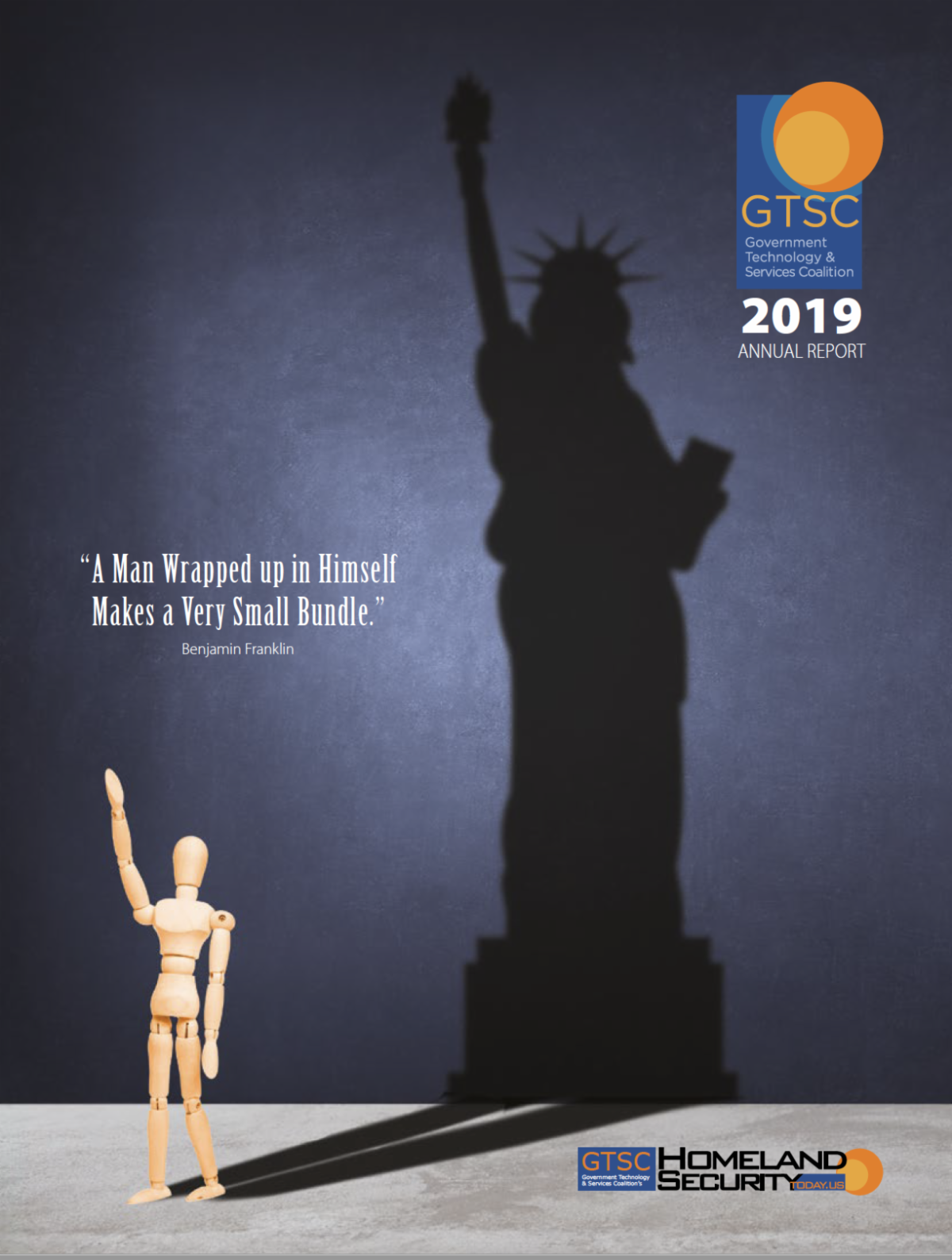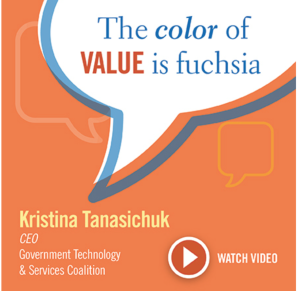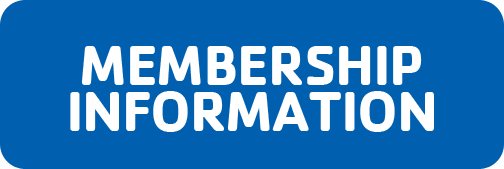The threat assessment itself was as usual divided into GLOBAL and REGIONAL sections. Both displayed a high proportion of bad news to good.
IC’s View Of Global Threats
Cyber
Not surprisingly, CYBER took pole position on the list of GLOBAL threats, with new concerns relating to the Internet of Things and the deployment of Artificial Intelligence technologies. While the list of bad actors still includes Russia, China, Iran, North Korea, and terrorists generally, new vulnerabilities are anticipated from augmented reality and virtual reality systems. Referencing the Juniper Networks hack, Clapper noted that, in the cyber realm, the trend away from crude denial-of-service to sophisticated attacks designed to undermine data integrity has continued.
Terrorism
The global threat from TERRORISM has undergone a significant change over the last 12 months. According to the Assessment, Al-Qaeda has been “severely degraded.” ISIL’s emergence as the pre-eminent threat has increased concerns about both “terrorist travel” and home-grown violent extremists (HVEs) in the U.S, with other terror groups including Boko Haram and al-Shabaab discussed primarily in terms of their relation to ISIL. Finally, the Assessment notes that the difficulties experienced by host nations in relation to massive population displacements may make refugees targets for terrorist recruiters.
Weapons of Mass Destruction
The IC’s perception of the threat presented by WMD has been little modified since the 2015 Assessment, with continuing concerns about North Korea, China and Russia. The picture in Iran is more complex. While the diplomatic initiatives culminating in the State Department’s Joint Comprehensive Plan of Action (JCPOA) have provided the international community with improved oversight of the country’s nuclear program, it is still concerned with enhancing its security, prestige, and regional influence. Widespread reports about ISIL’s use of mustard gas have resulted in Iraq joining Syria as a potential site for chemical weapon deployments.
Lastly, the increasing availability of genetic technology has led to GENOME EDITING appearing on the WMD list.
Outer Space
IC’s assessment of threats in SPACE shows a substantial increase in the number of potential actors, with some 80 nations now participating. Russia and China have developed new COUNTERSPACE capabilities. Russia, which has touted its use of satellite capabilities in support of its Syrian campaign, likely considers countering the U.S. space advantage to be a critical component of warfighting.
Counterintelligence
The COUNTERINTELLIGENCE threat environment remains complex, with Russia and China still heading up a long list of potential state and non-state actors who would seek to penetrate and influence U.S. national decision making. Increasingly sophisticated IT is now the primary vehicle for their actions.
Organized Crime
IC’s assessment of the threat from ORGANIZED CRIME has shifted to place additional emphasis on drug trafficking, but human and wildlife trafficking, and the role of crime in promoting corruption are still referenced.
Human Security
In HUMAN SECURITY, atrocities, global displacement, and climate change have joined extreme weather and infectious disease as significant threats. The growing global consensus on climate change is viewed as cause for optimism, but the health threat presented by the Zika virus is taken as indicative of the potential risks of entirely new diseases arising from human encroachment into animal habitats.
IC’s View Of Regional Threats
IC takes the view that, while great power competition is increasing, the geopolitical environment continues to offer opportunities for the U.S. to co-operate with other nations. However, an international environment defined by such a mix of competition and cooperation will likely undermine existing international institutions.
In the MIDDLE EAST, SYRIA continues to dominate the agenda because of the four million refugees displaced by conflict into Turkey, Lebanon, Jordan, Iraq. IC assesses that the country’s government will be able to make gains against ISIL, but won’t be able to fundamentally alter its battlespace. Conditions in IRAQ are considered to be improving as ISIL rule falters and sectarian strife is reduced. However, the Iraqi Sunni population’s fearfulness of the Shia-dominated government in Baghdad may hinder efforts at uniting against ISIL.
IRAN presents an enduring threat despite its adoption of the JCPOA and release of 10 U.S. sailors because of its support for regional terrorism and for the Assad regime. In LIBYA, the conflict between two governments in Tripoli and Tobruk has hardened divisions within the country, and damaged the economy, leaving a power vacuum that has been exploited by terror groups. YEMEN’s conflict also remains stalemated, but all sides — plus international backers like IRAN — have expressed willingness to participate in peace talks. LEBANON continues to struggle with spillover from SYRIA. EGYPT faces persistent threats from domestic terrorists directed primarily against state security forces. TUNISIA also faces an ongoing terror threat and high unemployment, but its year-old democratic government gives some hope for the future.
TURKEY, still key to U.S. objectives in the region, is dealing with renewed concerns about the actions of its Kurdish minority, now being courted by Russia in relation to its Syria campaign. It is also dealing with a substantial refugee problem arising from the conflict in SYRIA.
In EURASIA, Russia continues to reassert its status as a great power, using its expanded role and continuing military success in Syria for leverage. Putin’s standing remains at a record high two years after the land grab he orchestrated in Ukraine, despite its negative impact on Russia’s steadily contracting economy. UKRAINE, MOLDOVA and BELARUS are seeking equilibrium with their increasingly strident neighbor. Regional tensions between GEORGIA and RUSSIA and between ARMENIA and AZERBAIJAN remain high, and it seems likely that RUSSIA will seek to increase its influence in the area because of its concerns about terrorist instability.
CHINA continues to dominate the entire context of ASIA, extending its influence on the world stage while conducting an ongoing program of ambitious economic and legal reforms. In NORTH KOREA, Kim Jong Un has strengthened his unitary power and renewed focus on the country’s military program via provocative and threatening behaviors including this year’s missile launches and underground nuclear tests. The new bloc presented by the ASEAN community of Asian nations may curtail CHINA’s ambitions, but the cohesiveness of the group is undercut by the different developmental levels of its member states. Elites run everything and corruption is normal.
In SOUTH ASIA, AFGHANISTAN remains unstable, with a deteriorating security situation that is likely to result in yet more fighting this year. ISIL’s new Khorasan branch will remain quiescent, but Taliban forces under the leadership of Mullah Akhtar Mohammad Mansur present a renewed threat. Tensions between INDIA and PAKISTAN remain at an elevated level. In PAKISTAN, Sheikh Hasina’s continuing efforts to undermine the political opposition will provide openings for terror groups like ISIL, which has already claimed responsibility for a series of attacks on foreigners.
IC no longer considers SUB SAHARAN AFRICA’s stability to be badly compromised by the Lords Resistance Army or Al-Qa‘ida in the Lands of the Islamic Maghreb (AQIM), and the threat from Ebola has for the moment abated. However, NIGERIA’s government must still faces a significant challenge from Boko Haram. Long-running political disputes continue in SUDAN and SOUTH SUDAN, and DRC, BURUNDI and CENTRAL AFRICAN REPUBLIC are all dealing tensions arising from broken democratic processes. In SOMALIA, the elected government is reliant on African Union support to exert its authority over al-Shabaab forces in regions of the country outside the capital.
In LATIN AMERICA, droughts, gang violence and political instability are all driving migration to the U.S. The Assessment notes that the exodus from CUBA to the U.S. grew by 76 per cent in 2015, driven by the slow pace of economic reform in the country and fears of a U.S. repeal of the 1966 Cuban Adjustment Act. VENEZUELA and BRAZIL both face economically-driven political instability.
The full assessment is here: http://www.dni.gov/files/documents/Unclassified_2015_ATA_SFR_-_SASC_FINAL.pdf
 Kristina Tanasichuk is CEO & Founder of the Government Technology & Services Coalition, a non-profit, non-partisan organization of small and imd-sized companies working in homeland and national security. She is also the president of InfraGardNCR, a public private partnership between the private sector and the FBI to shari information to protect our nation’s critical infrastructure, and the president and founder of Women in Homeland Security.
Kristina Tanasichuk is CEO & Founder of the Government Technology & Services Coalition, a non-profit, non-partisan organization of small and imd-sized companies working in homeland and national security. She is also the president of InfraGardNCR, a public private partnership between the private sector and the FBI to shari information to protect our nation’s critical infrastructure, and the president and founder of Women in Homeland Security.




 Kristina Tanasichuk is CEO & Founder of the Government Technology & Services Coalition, a non-profit, non-partisan organization of small and imd-sized companies working in homeland and national security. She is also the president of InfraGardNCR, a public private partnership between the private sector and the FBI to share information to protect our nation’s critical infrastructure, and the president and founder of Women in Homeland Security.
Kristina Tanasichuk is CEO & Founder of the Government Technology & Services Coalition, a non-profit, non-partisan organization of small and imd-sized companies working in homeland and national security. She is also the president of InfraGardNCR, a public private partnership between the private sector and the FBI to share information to protect our nation’s critical infrastructure, and the president and founder of Women in Homeland Security.








